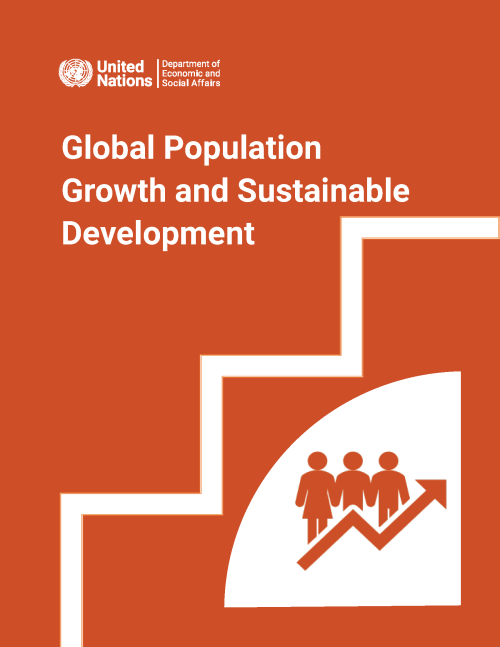
Global Population Growth and Sustainable Development probes the linkages between global population growth and the social, economic and environmental dimensions of sustainable development. The report examines how the current rapid growth of the human population is a consequence of the demographic transition from high to low levels of mortality and fertility. The report reviews the connections between population growth and key aspects of social and economic development, including poverty, hunger and malnutrition, health, education, gender equality, economic growth and decent work. It also explores the contribution of global population increase to environmental degradation, including…
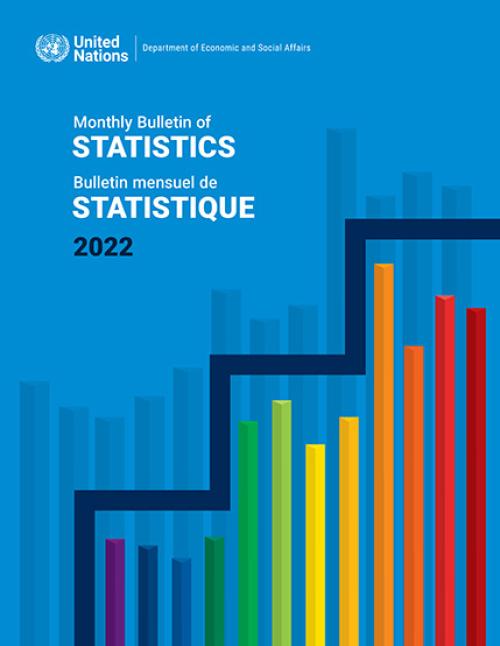
The Monthly Bulletin of Statistics presents current economic and social statistics for more than 200 countries and territories of the world. It contains over 50 tables of monthly and/or bimonthly, quarterly and annual data on a variety of subjects illustrating important economic trends and developments, including population, prices, employment and earnings, energy, manufacturing, transport, construction, international merchandise trade and finance.
In addition to the regular recurrent monthly tables, this issue includes Bimonthly and quarterly tables: Retail price indices relating to living expenditures of United Nations officials; Civil aviation traffic: passenger-km and…
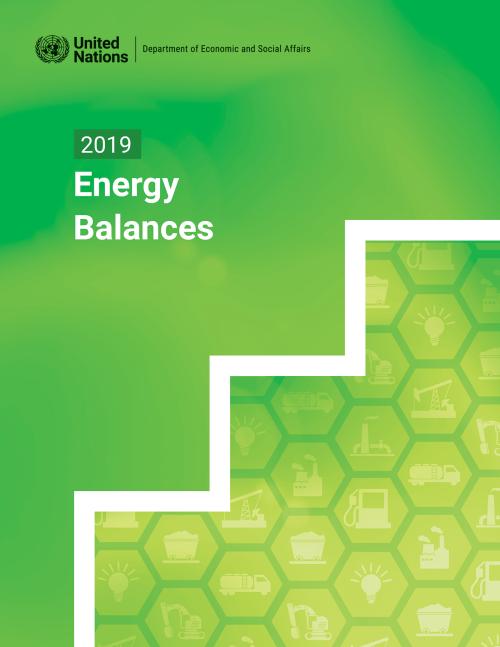
The 2019 Energy Balances contains energy balances for more than 220 countries and territories, showing production, trade, transformation and consumption (by sector) in energy units for all energy products.
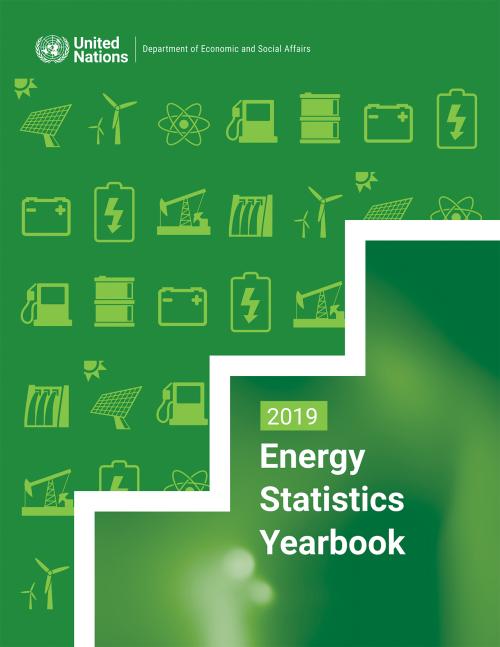
The 2019 Energy Statistics Yearbook is the 63rd issue in a series of annual compilations of internationally comparable statistics summarizing world energy trends. Annual data for 229 countries and areas for the period 2016 to 2019 are presented on production, trade and consumption of energy: solids, liquids, gaseous fuels, electricity and heat, covering both renewable and non-renewable sources of energy. In addition, per capita consumption series are also provided for all energy products. Graphs are included to illustrate historic trends and/or changes in composition of production and/or consumption of major energy products. Special tables of interest include: international…
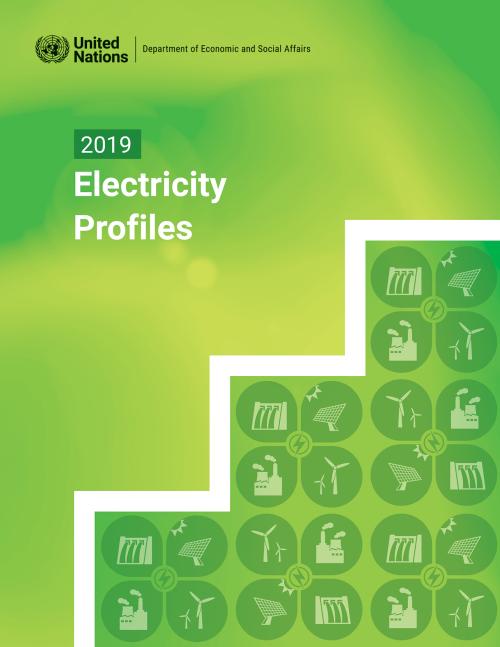
The 2019 Electricity Profiles contains electricity profiles for about 230 countries and territories, providing detailed information on production, trade and consumption of electricity, net installed capacity and thermal power plant input and efficiency for most countries.
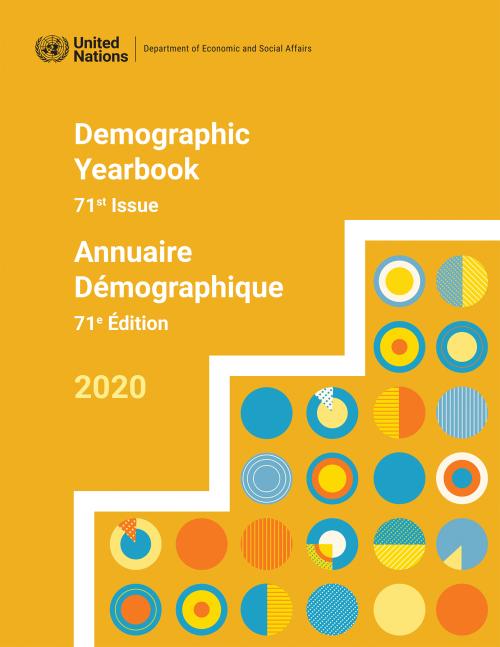
Demographic Yearbook 2020 is the 71st issue in a series published since 1948. Through the cooperation with the National Statistical Offices, official demographic statistics are compiled in the Yearbook, as available for more than 230 countries and areas of the world up to the reference year 2020. This edition of the Yearbook contains chapters on the population size and distribution, the population of capital cities, fertility, fetal mortality, infant and maternal mortality, general mortality, nuptiality and divorce.
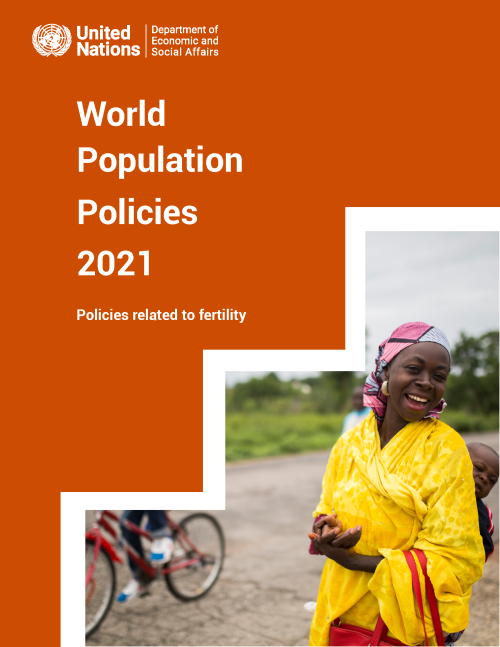
The World Population Policies 2021: Policies related to fertility, provides a brief overview of global fertility levels and trends since the early 1960s and explores government’s views and policies related to fertility. The analysis of views and policies draws on data gathered through 2019 and available in the World Population Policies Database, reflecting the situation before the outbreak of the coronavirus disease 2019 (COVID-19) pandemic. The report then presents five case studies of countries from different regions and with a range of fertility levels, exploring in more detail the origin and evolution of national fertility policies. The case studies are followed by an assessment of…
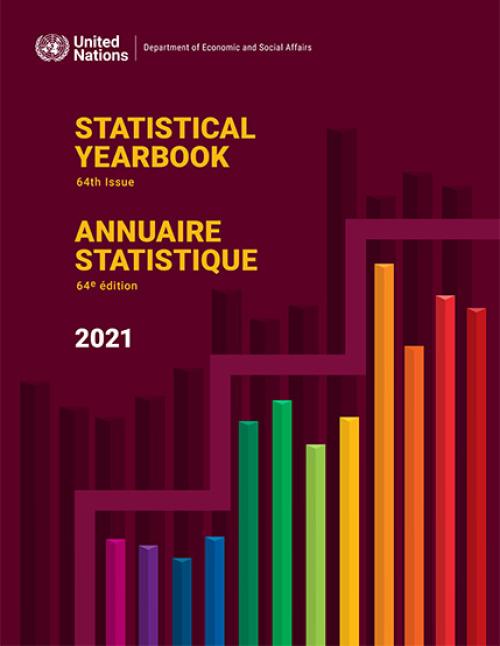
The Statistical Yearbook is an annual compilation of a wide range of international economic, social and environmental statistics on over 200 countries and areas, compiled from sources including UN agencies and other international, national and specialized organizations. The 2020 edition contains data available to the Statistics Division as of 31 July 2021 and presents them in 34 tables on topics such as: communication; crime; development assistance; education; energy; environment; finance; gender; international merchandise trade; international tourism; labor force; national accounts; population and migration; price and production indices; and science and technology. Most tables covering…
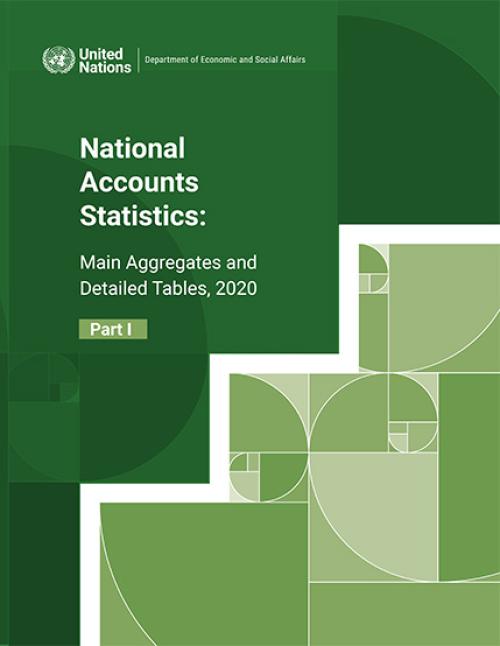
This is the sixty-second issue of National Accounts Statistics: Main Aggregates and Detailed Tables, showing detailed national accounts estimates for over 200 countries and areas for the reporting years 2009 to 2020. The national data for each country and area are presented in separate chapters using uniform table headings and classifications recommended in the United Nations System of National Accounts (SNA). A summary of the conceptual framework of the SNA and definitions of important terms are also included in this publication. Other statistical information covered includes gross domestic product, national income, savings, private and government consumption, and transactions of…
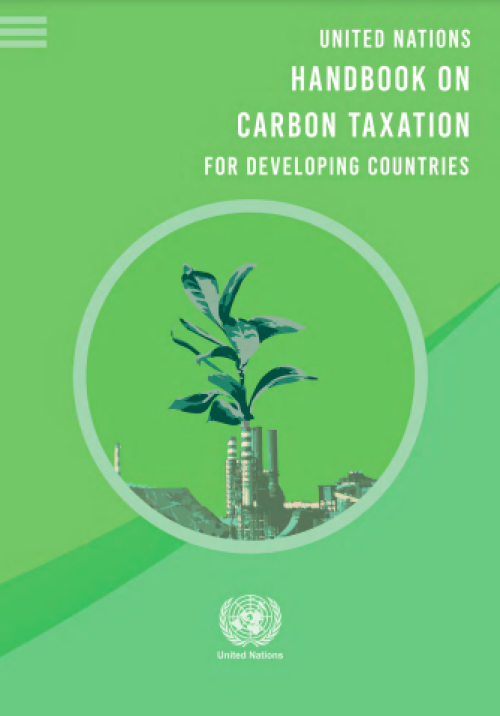
Environmental taxes are on the agenda of many developing countries, for both revenue purposes and for meeting countries’ commitments on climate change and sustainable development.
Carbon taxes are a policy option aimed at curbing carbon-based emissions responsible for climate change, in line with the commitments assumed by countries under the Paris Agreement. Carbon taxes put a price on the emission of greenhouse gases, thereby motivating companies to invest in cleaner technology or switch to more efficient practices. Likewise, consumers may be incentivized to invest in energy efficiency, change their lifestyle habits or, where options are available, switch to cleaner forms…
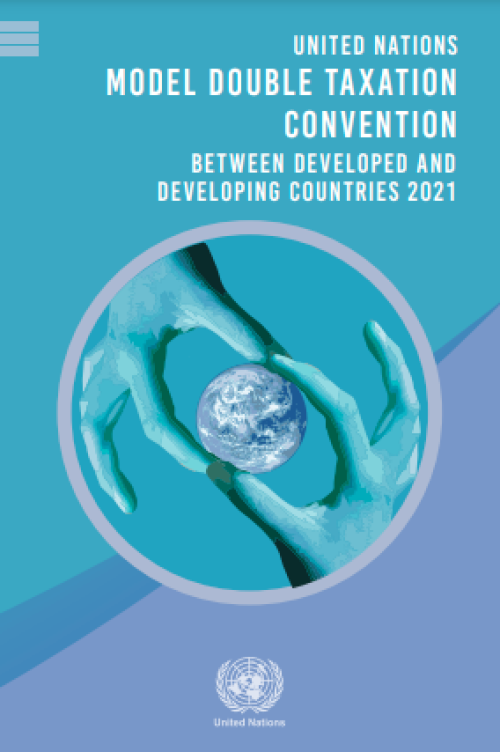
Double tax treaties aim to prevent unrelieved double taxation, in order to foster cross-border economic activity and the transfer of technology. Countries generally use models as a starting point when negotiating tax treaties. As the UN Model Double Taxation Convention between Developed and Developing Countries generally favours retention of greater host country taxing rights, it tends to be relied upon more by developing countries than the OECD Model Tax Convention on Income and on Capital.
The UN Model Taxation Convention consists of articles on the treaty’s scope and on definitions to be used in the treaty. For different kinds of income and capital, it allocates taxing rights…
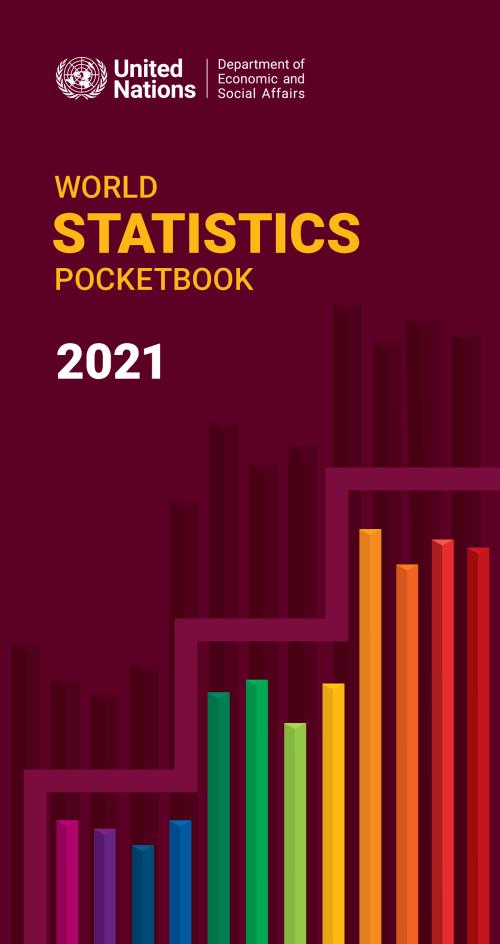
The World Statistics Pocketbook, 2021 edition is the forty-fifth in a series of annual compilations of key statistical indicators prepared by the United Nations Statistics Division of the Department of Economic and Social Affairs. Over 50 indicators have been collected from more than 20 international statistical sources and are presented in one-page profiles for 30 world geographical regions and 232 countries or areas. The Pocketbook is organized into 5 sections; general information, economic indicators, major trading partners, social indicators, and environmental and infrastructure indicators. This issue presents data for the economic, social, environmental and infrastructure…
 Welcome to the United Nations
Welcome to the United Nations